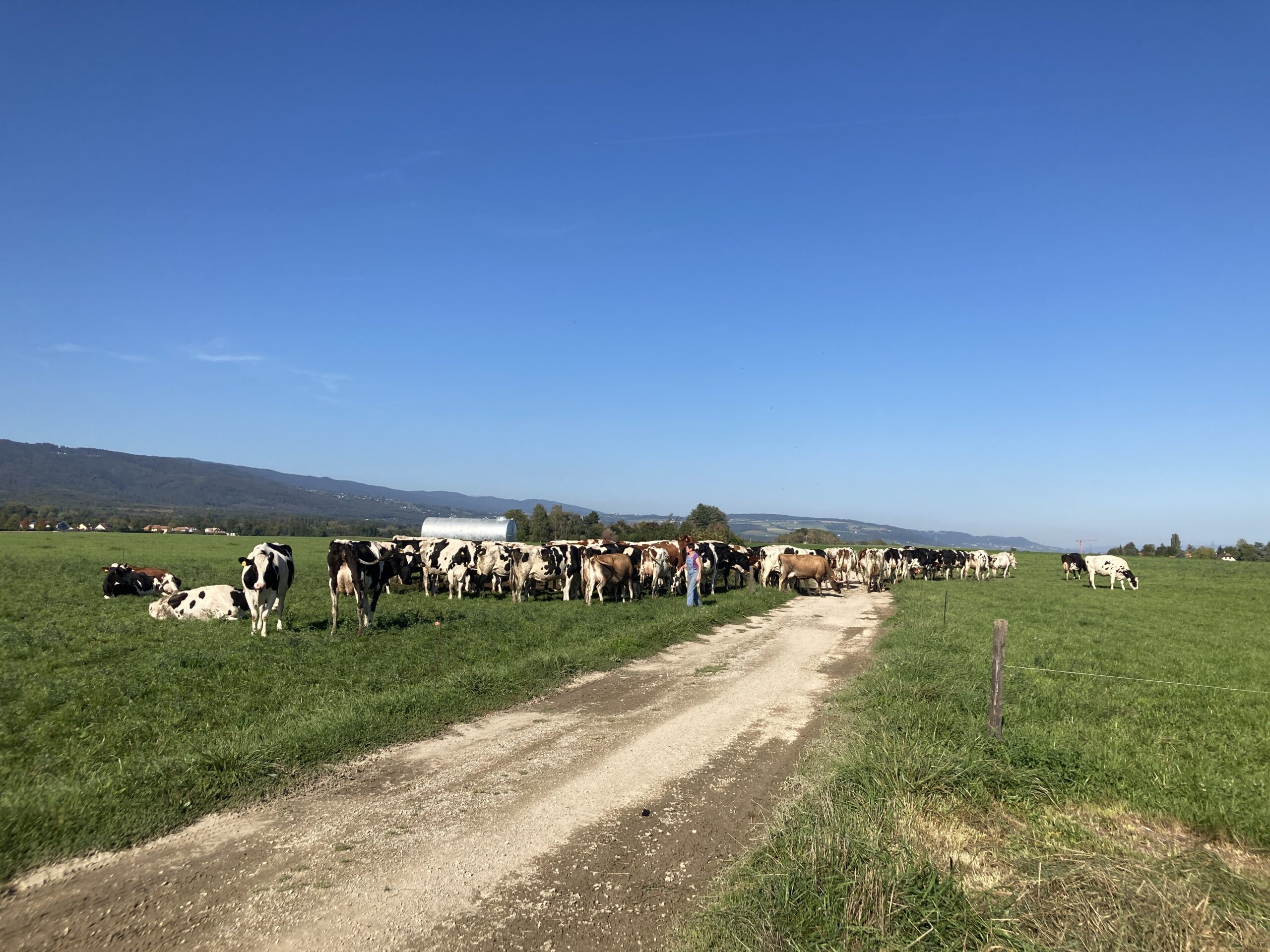Recently I have been listening to plenty of [Late Night Linux](https://latenightlinux.com/) podcasts. I like them because they’re half an hour long, the adverts are half way through the show, and in general I don’t feel that they’re filling time to fill one and a half hours of podcast time.
Plenty of other podcasts last for an hour and a half or more, which if you listen to one episode a week is okay, but I don’t do that. I find a podcast that I like and I listen to the most recent episodes and then I listen to them in chronological order. This takes a lot of time, but it also provides me with an evolutionary appreciation of how things have changed.
I want to listen to them in chronological order because I feel that they provide me with a timeline of what changed, when, and how people reacted to those challenges, as well as how this made them feel.
There are occasions where I skip episodes, either because I don’t like the topic, especially for Linux Extra. In one case I got annoyed because they spoke about “We weren’t taught A in school” or “we weren’t taught b in school”. I was never taught how to use a computer. I learned by trial and error, after trial and error, after trial and error. I learned by RTFM if I got stuck, but also by experimenting. I only RTFM if I get stuck.
## Online Learning
I have paid for Lynda.com which then became Linkedin Learning and I have paid for courses on Udemy and Coursera but that’s courses that I chose to study, rather than formal tuition.
## Self Taught Editing
I was never taught how to use Final Cut Pro, or Adobe Premiere, or Avid Media Composer. I learned by having a PC with Adobe Premiere on my computer at home. I learned to edit tape to tape on a DHR-1000 editing deck. I learned to edit with FCP because that’s what we had at uni. I don’t remember whether we had it in Weymouth and Harrow, or just Harrow. It’s two decades ago.
With Avid I spent half a day trying to figure out how to do a simple edit. I eventually figured out that you mark in where you want a video to end and out where you want the next one to start, cut, and then your edit is done. It’s the type of editor where you do everything with keyboard shortcuts so it’s very fast, once you learn how to use it.
That’s why I hate the notion of “I wasn’t taught it at school so I don’t know how it works. I experimented with Linux in the 90s because Windows was constantly getting virused, so I eventually switched to Linux, and then windows, to linux, to mac, and then back to Linux.
## Sunset Mac Book Pro
In Autumn of this year my Mac will no longer be supported by Apple. It already isn’t supported for Final Cut Pro X. I can use an older version, but no longer the latest versions.
## NixOS and PhotoPrism
Recently I heard plenty of mentions of NixOS in one podcast so I installed and experimented with the OS and it took a while for me to be able to do anything but eventually, yesterday, I got PhotoPrism to work. I installed mysql/MariaDB and PhotoPrism, but I had to setup mariaDB to play nicely with PhotoPrism. I had to do that part manually. Eventually an old HP laptop running NixOS was running PhotoPrism and I was able to transfer photos from my mobile phone to the laptop and it felt extremely fast, compared to the same experiment on a Pi 4 and Pi5.
## And Finally
In the past when listening to other podcasts I have found that they are more enjoyable. They’re shorter. They’re edited, and they have fewer adverts. As you get up to date with podcasts adverts become longer, and more intrusive. I stopped listening to a few podcasts just because I got so tired of listening to adverts. I could skip them, but when you’re walking you don’t want to skip the first minute or two.
At the moment I find that I learn a lot from a variety of podcasts about Linux, and if they’re half an hour long then that’s perfect. My walks are one and a half hours long. It’s because they have less time for off topic chatter in short podcasts.

Leave a Reply